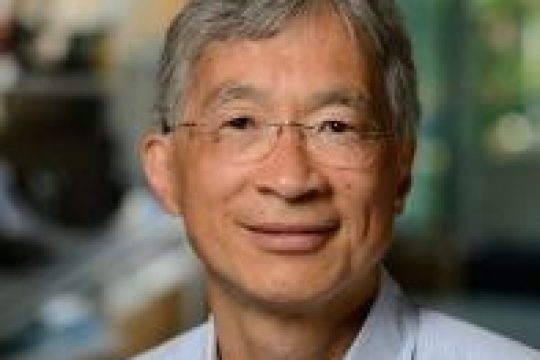The research in the Wolfgang laboratory utilizes biochemistry and molecular genetics to understand the molecular mechanisms used to sense and respond to nutritional/metabolic cues under various physiological and pathophysiological circumstances. They are particularly interested in deciphering the roles of...
We take chemical-biology approaches to pursue new anti-infective strategies. Since 2005, my group has developed approaches to block the indispensable MEP pathway for isoprenoid biosynthesis and vitamin biosynthesis in pathogens. DXP synthase has emerged from this work as a...
We study fundamental cellular processes relevant to human disease. A major research focus in our laboratory is the premature aging disease Hutchinson-Gilford progeria syndrome (HGPS), which results from a mutation in the gene encoding the nuclear scaffold protein lamin...
Research in my laboratory focuses on the molecular basis of the processes that relate to protein nucleic acid interaction. The strategy that we use is based primarily on structural studies using X-ray crystallography, for which I have extensive training....
My research interest is to understand the molecular mechanisms of signaling pathways with the goal of understanding what factors regulate the activity of these pathways. This knowledge provides the framework needed to interpret how alterations to a pathway, such...






